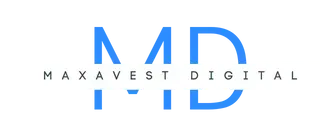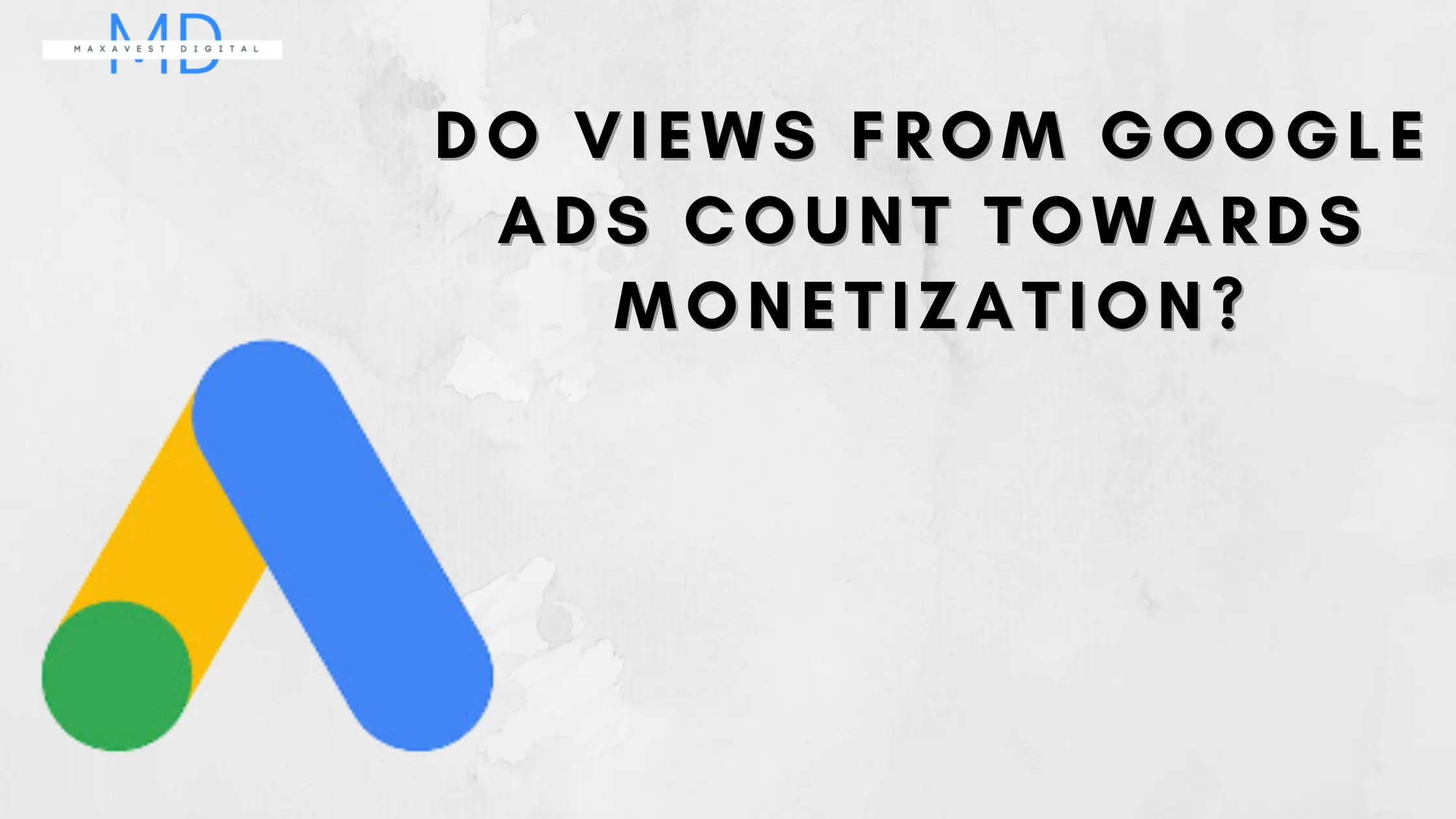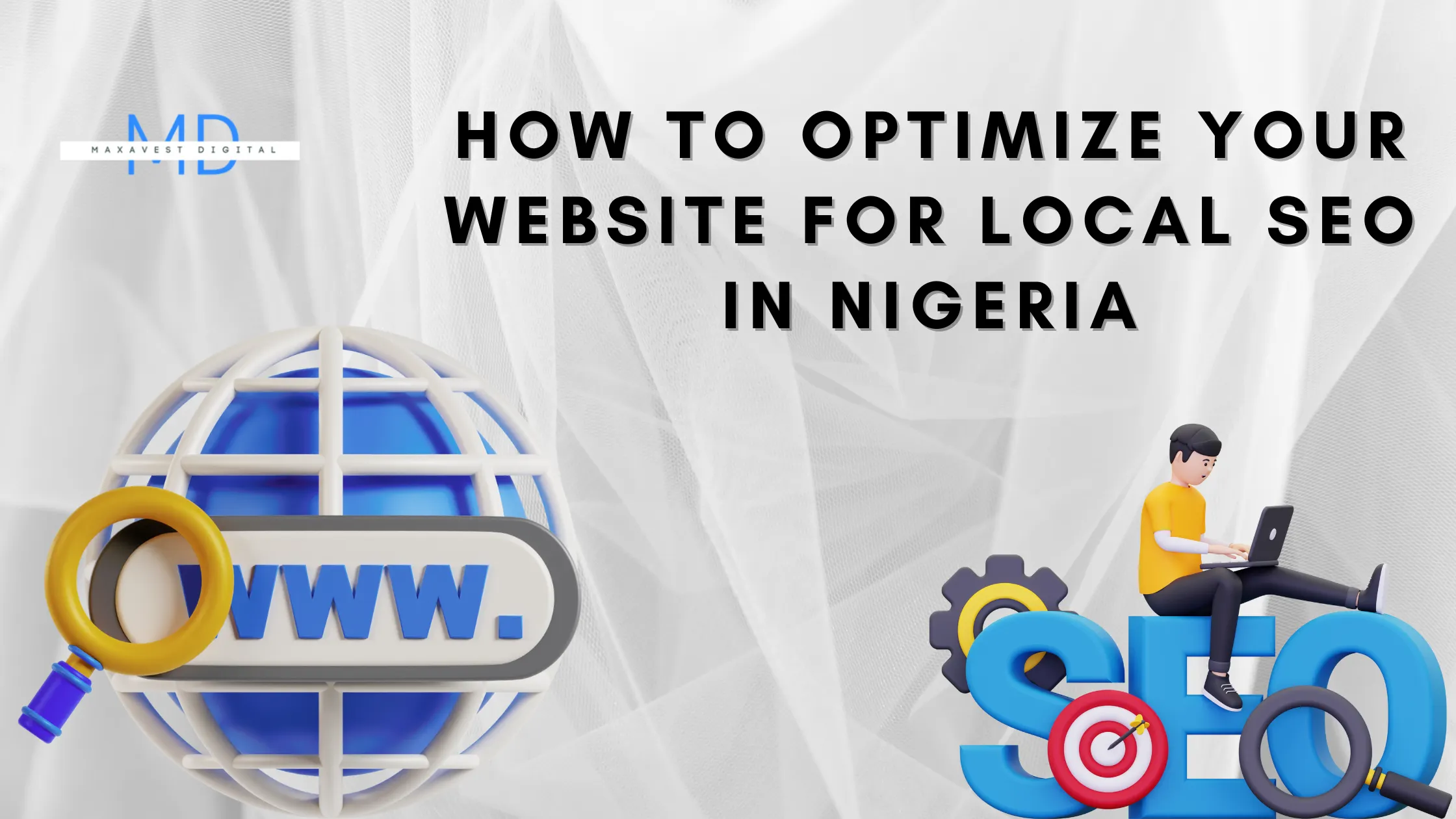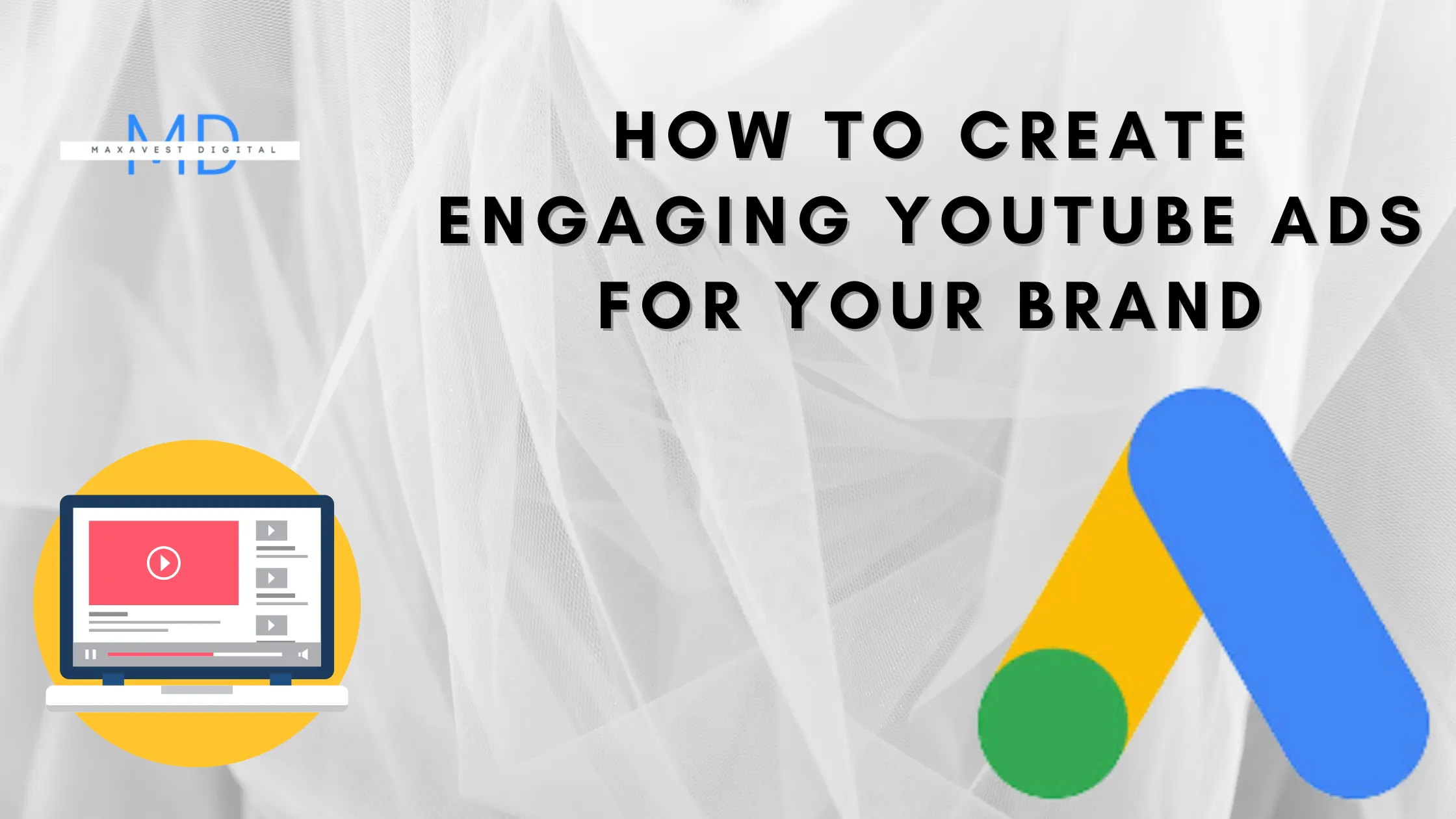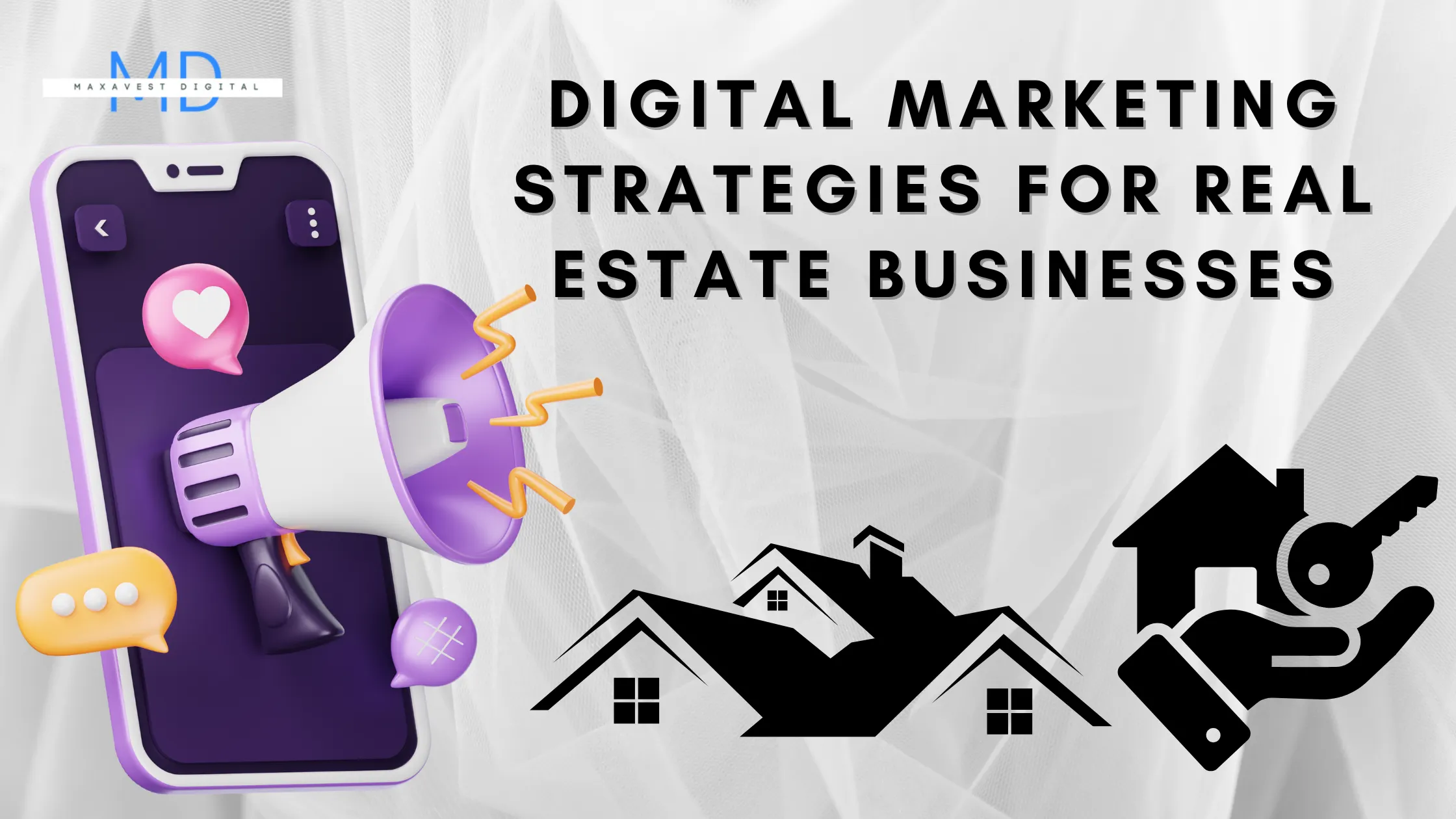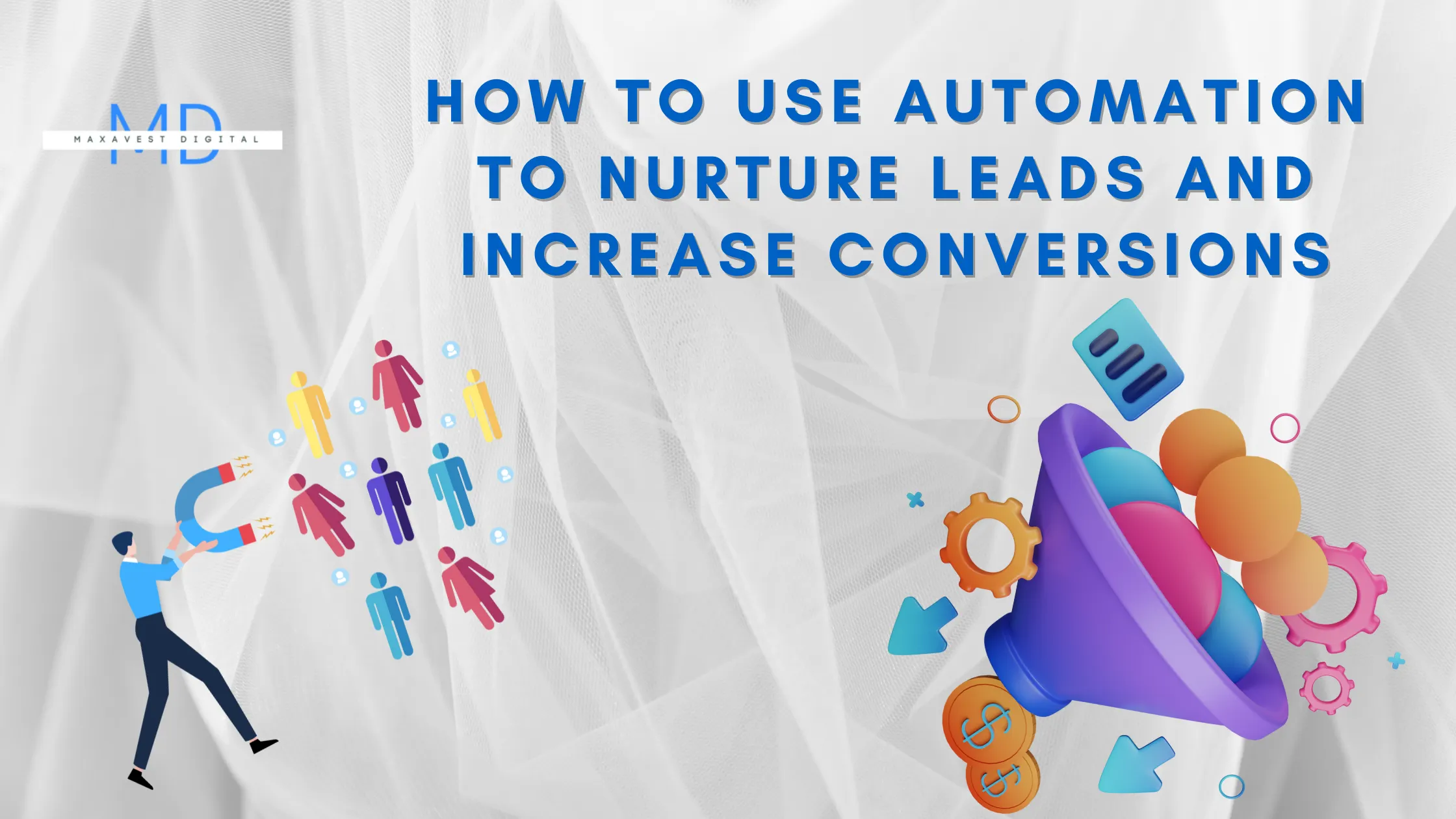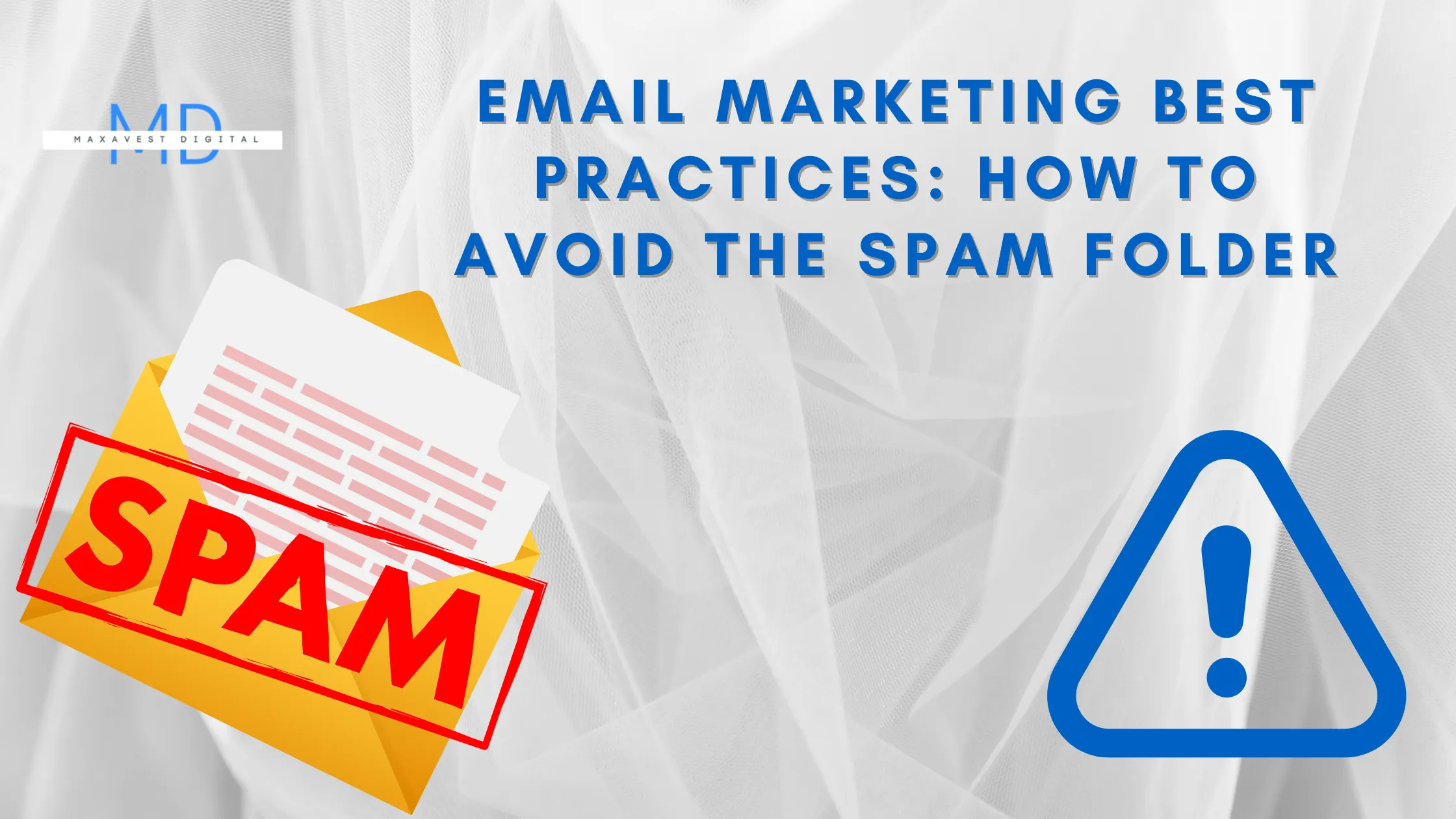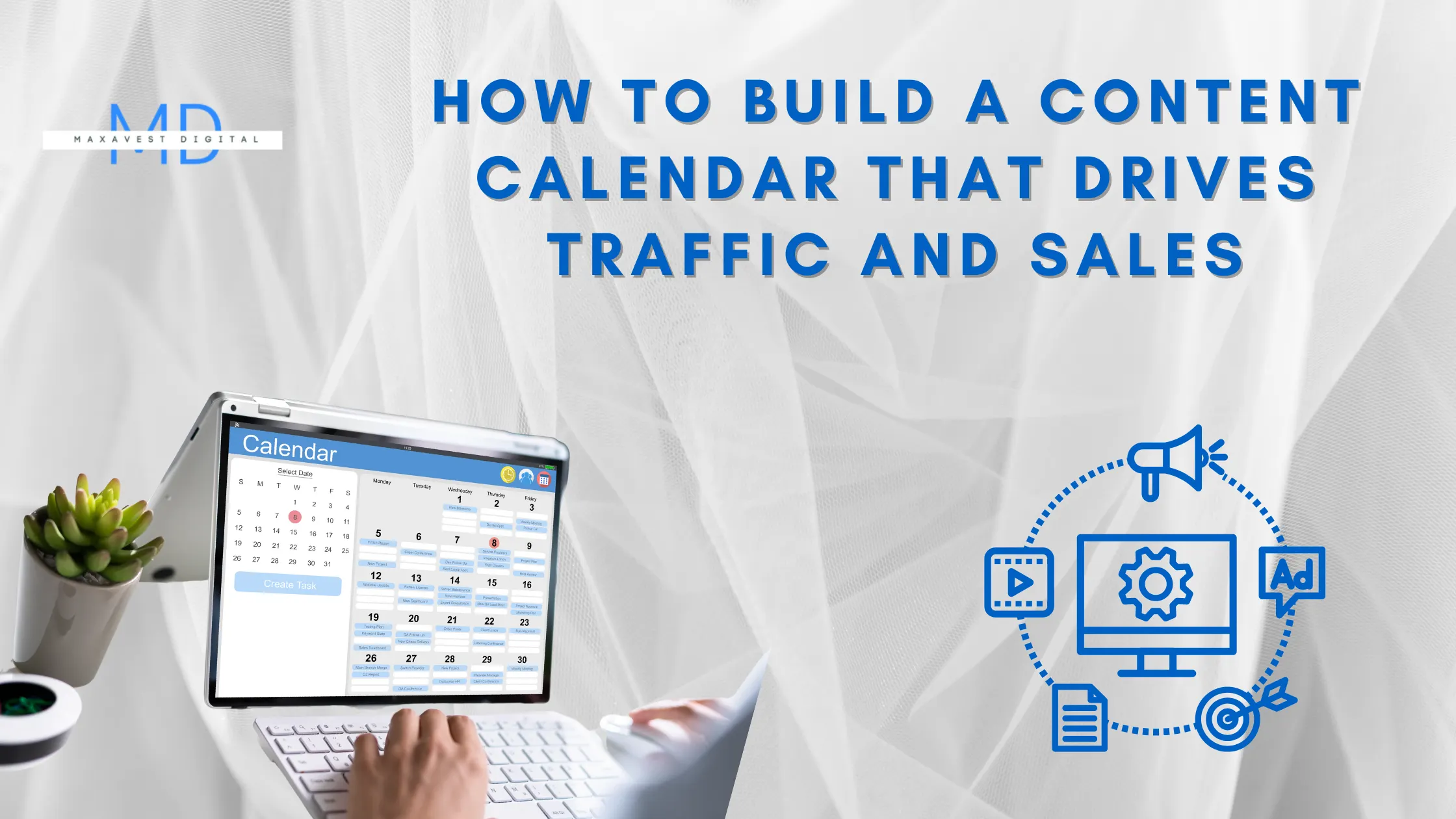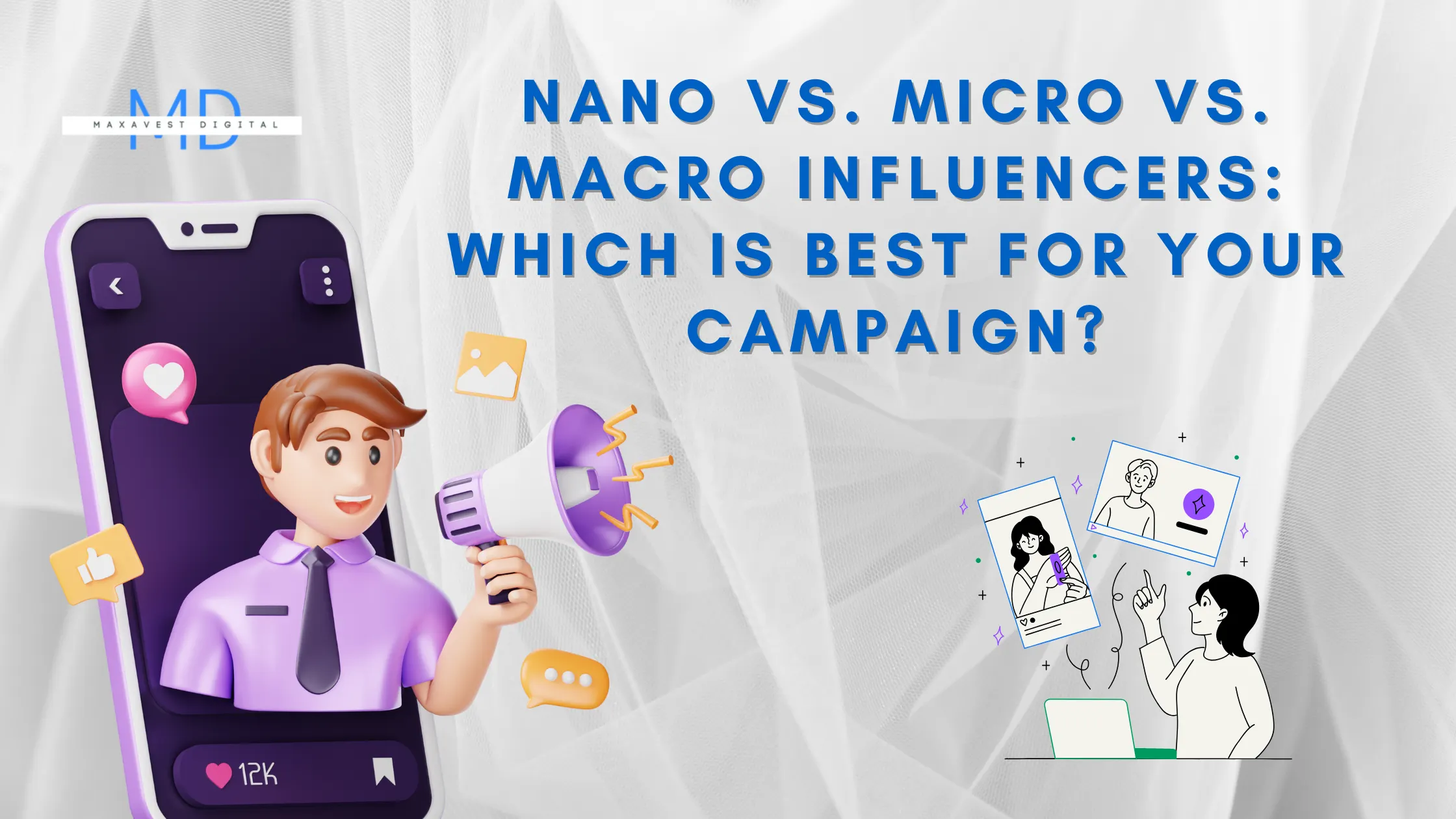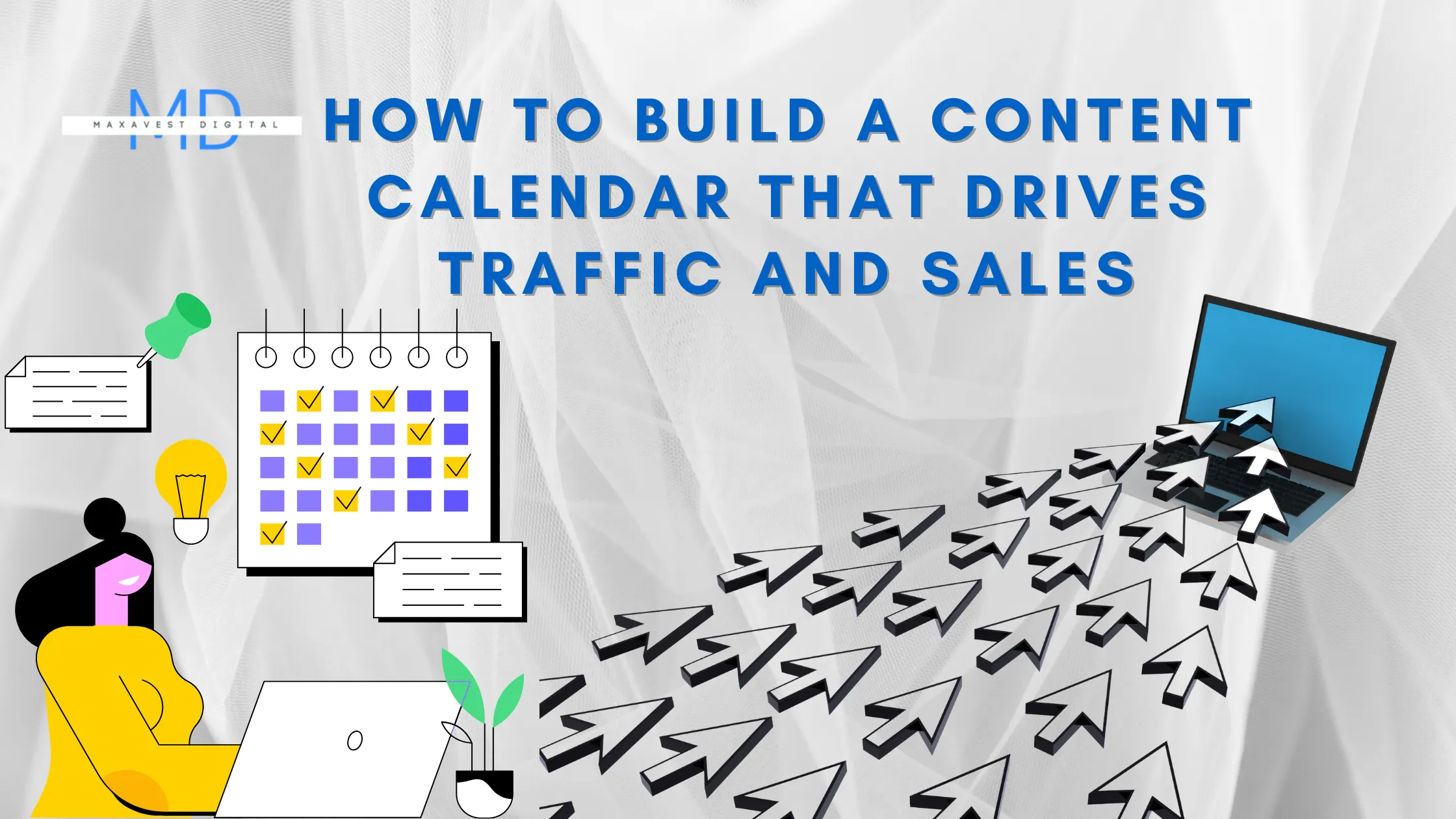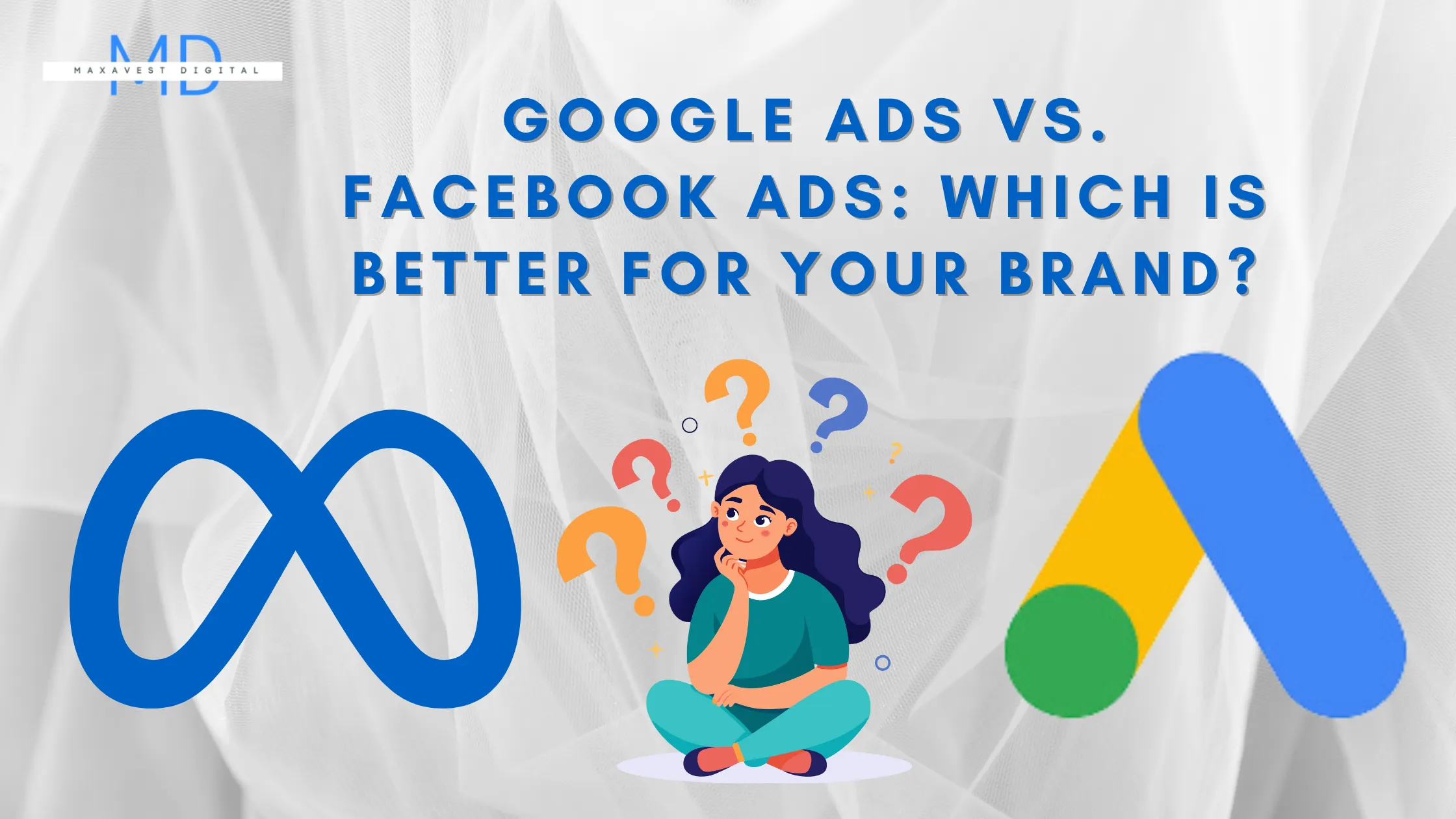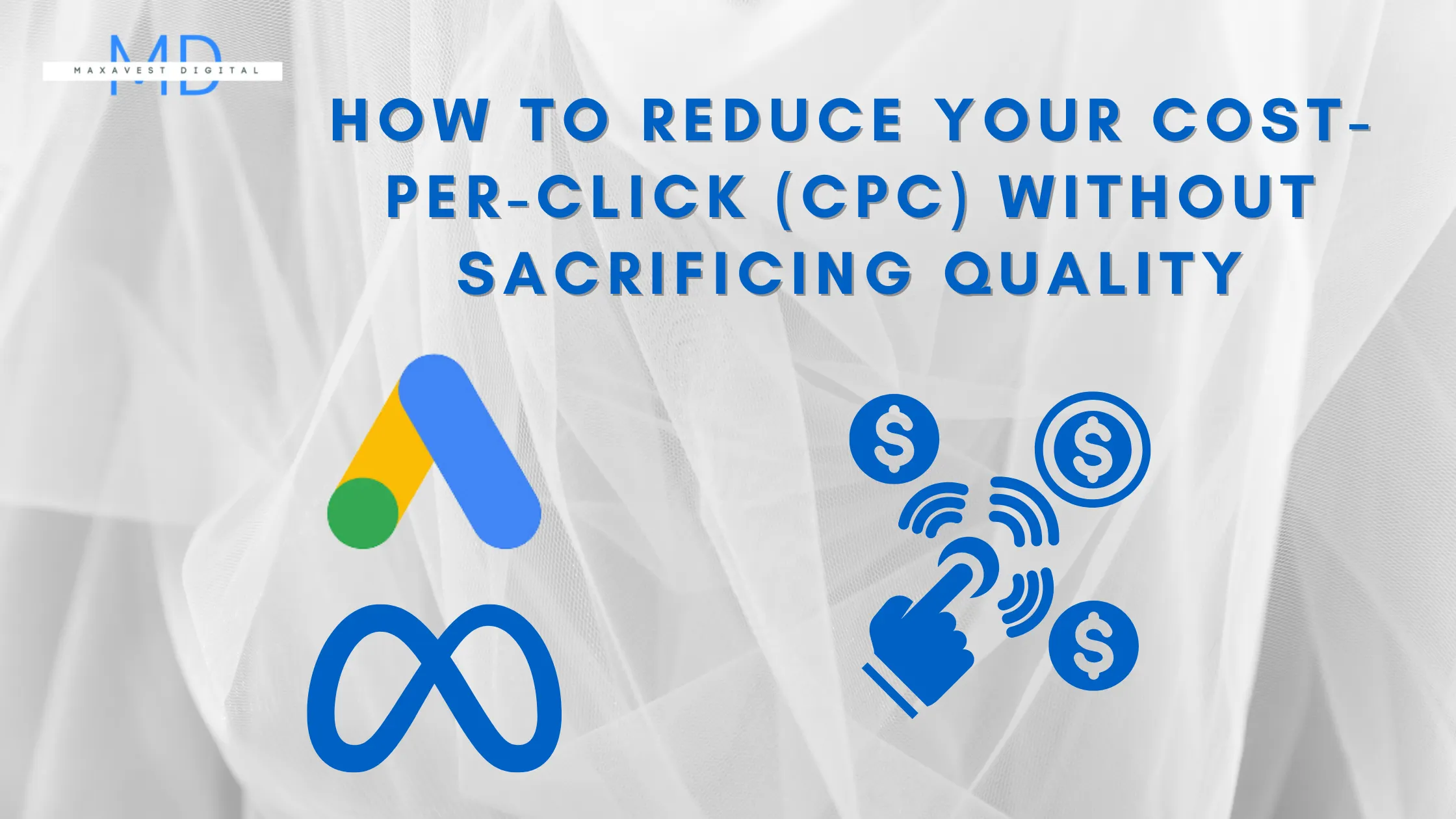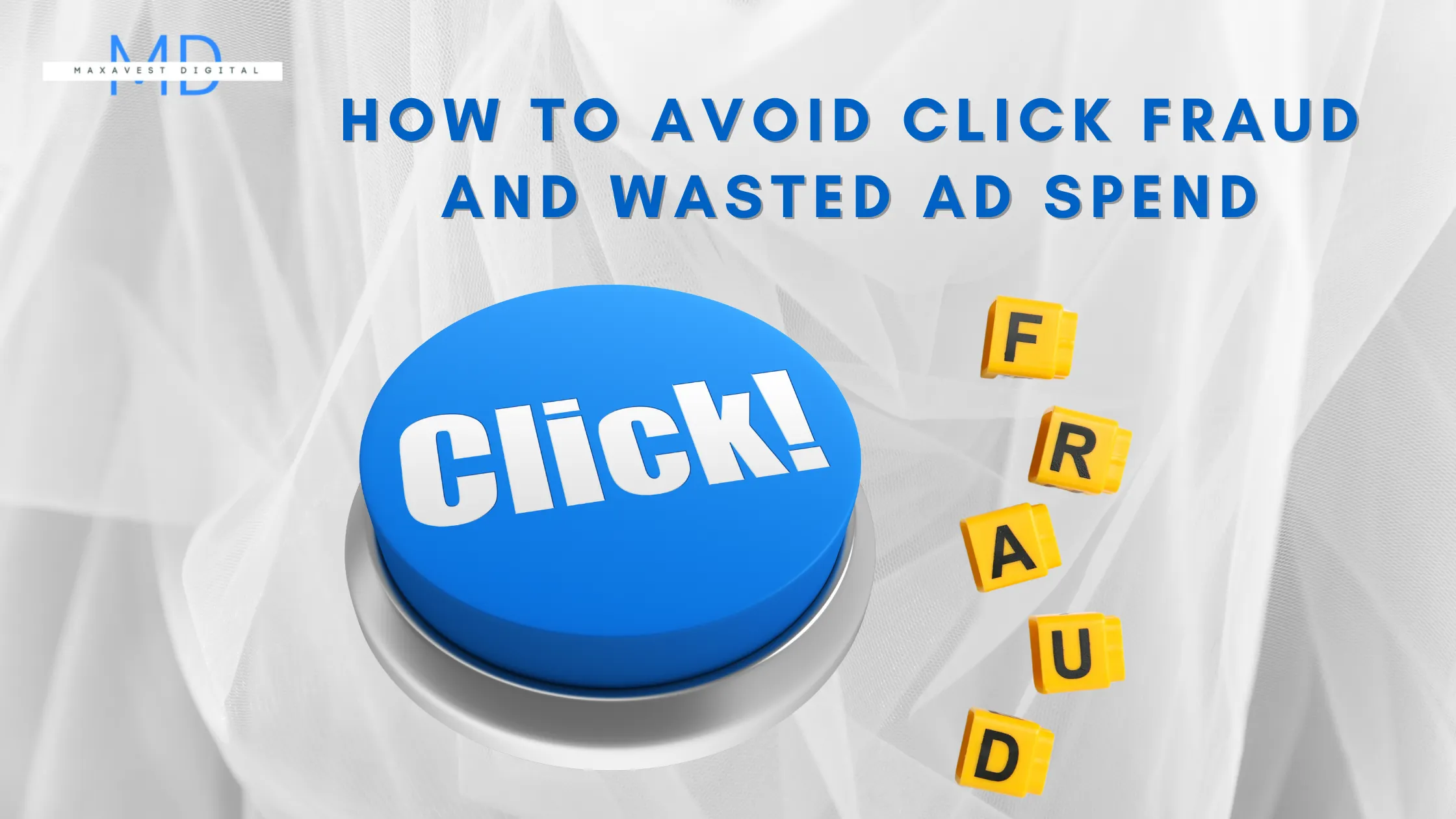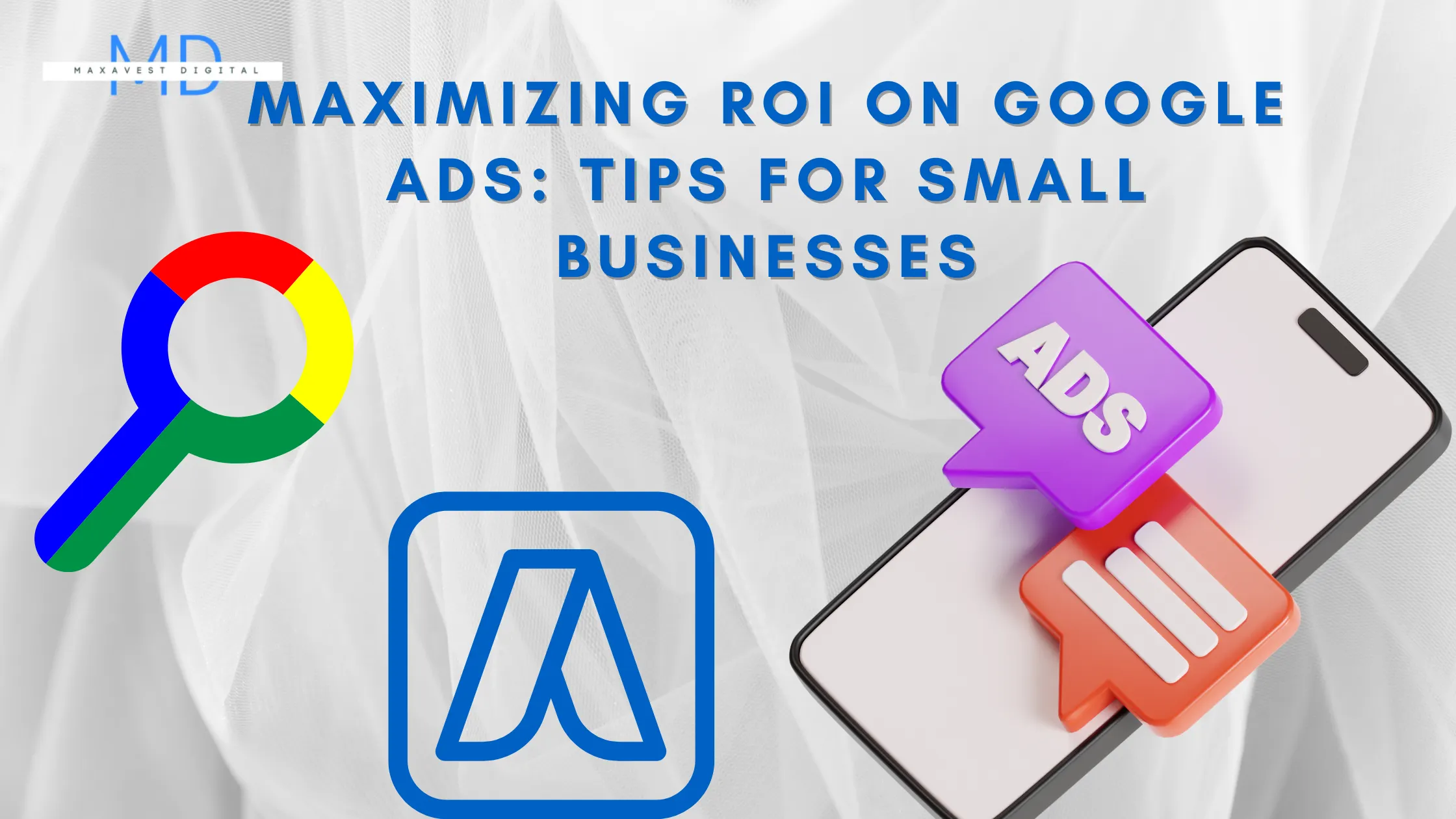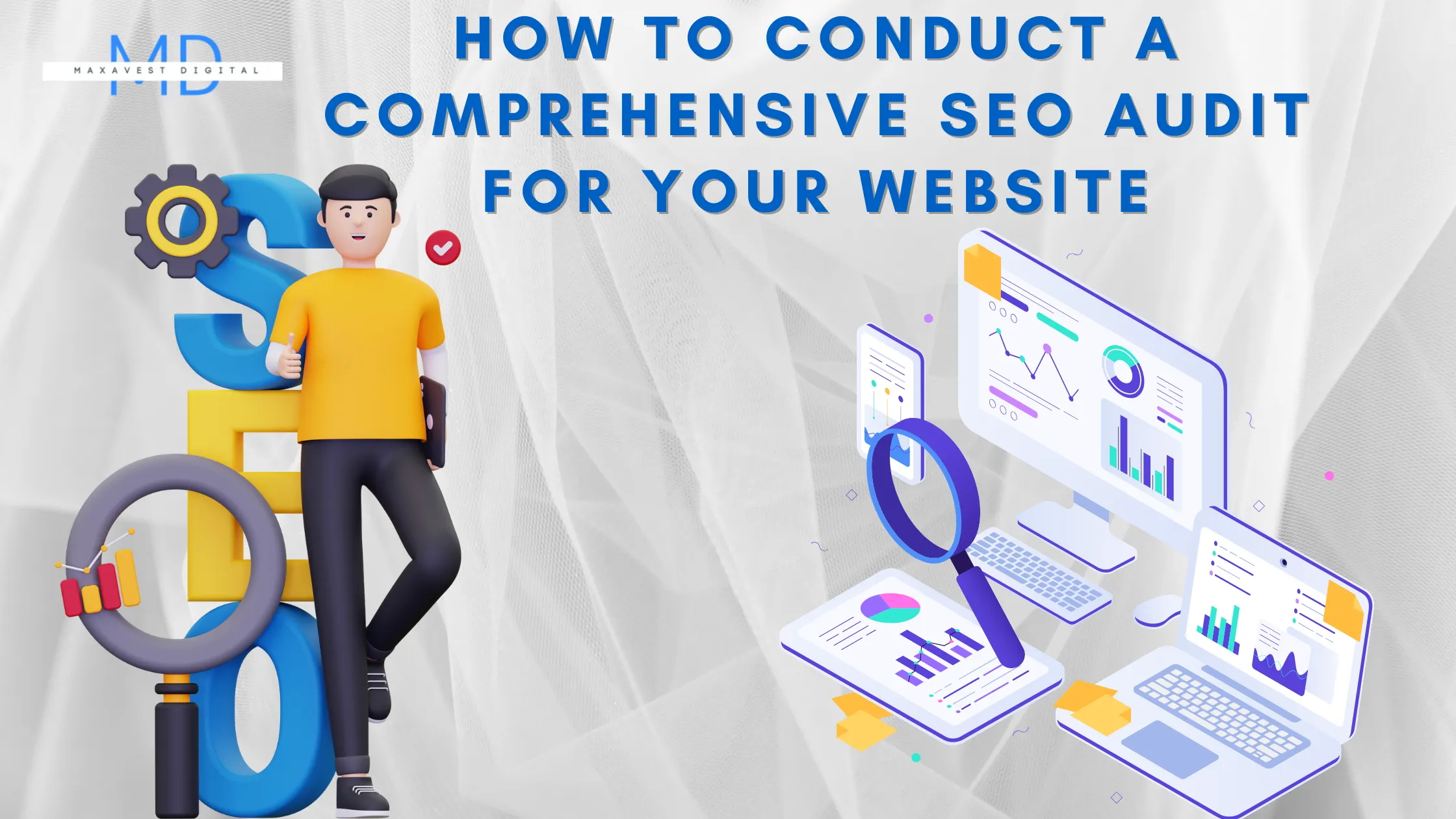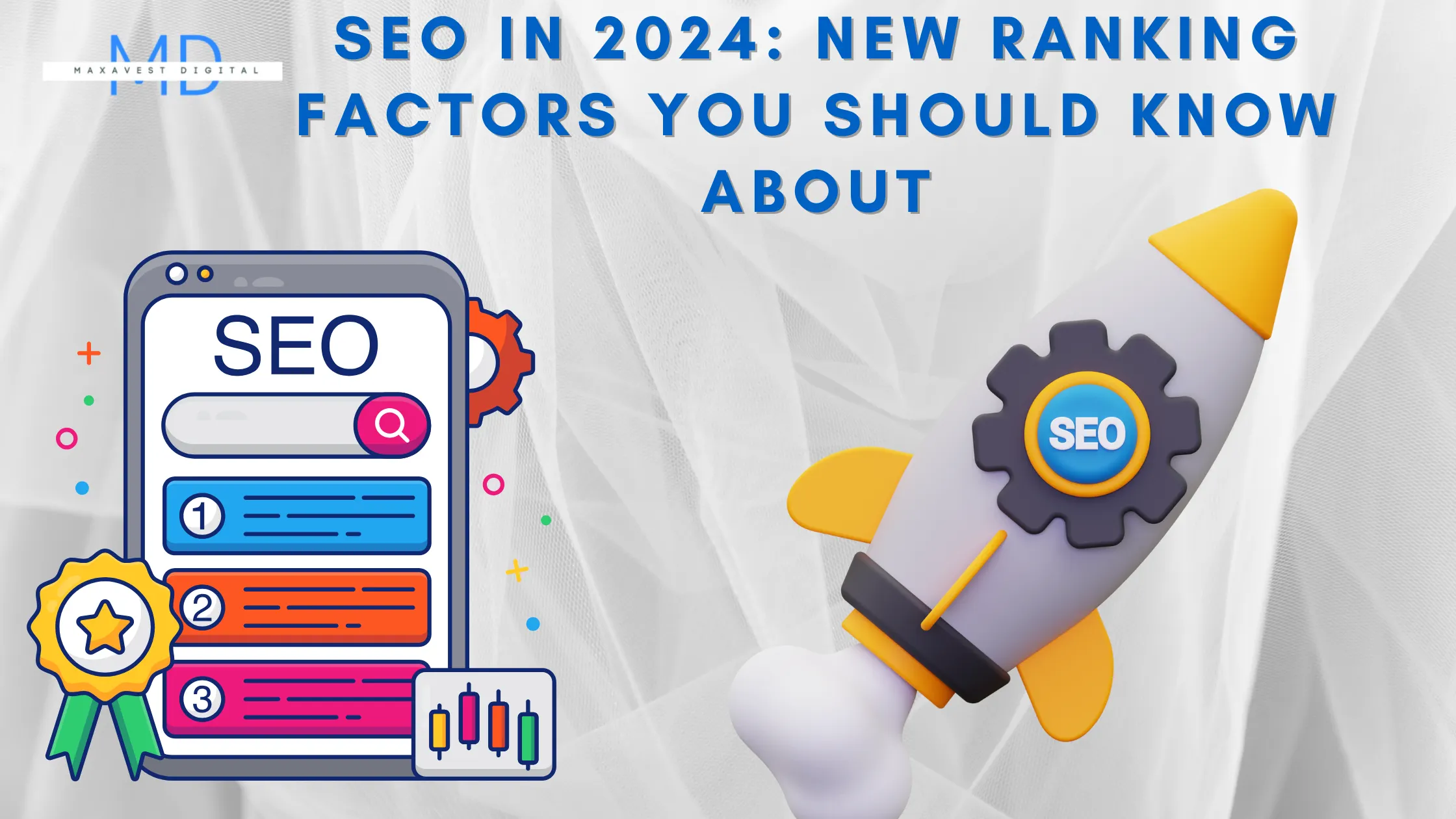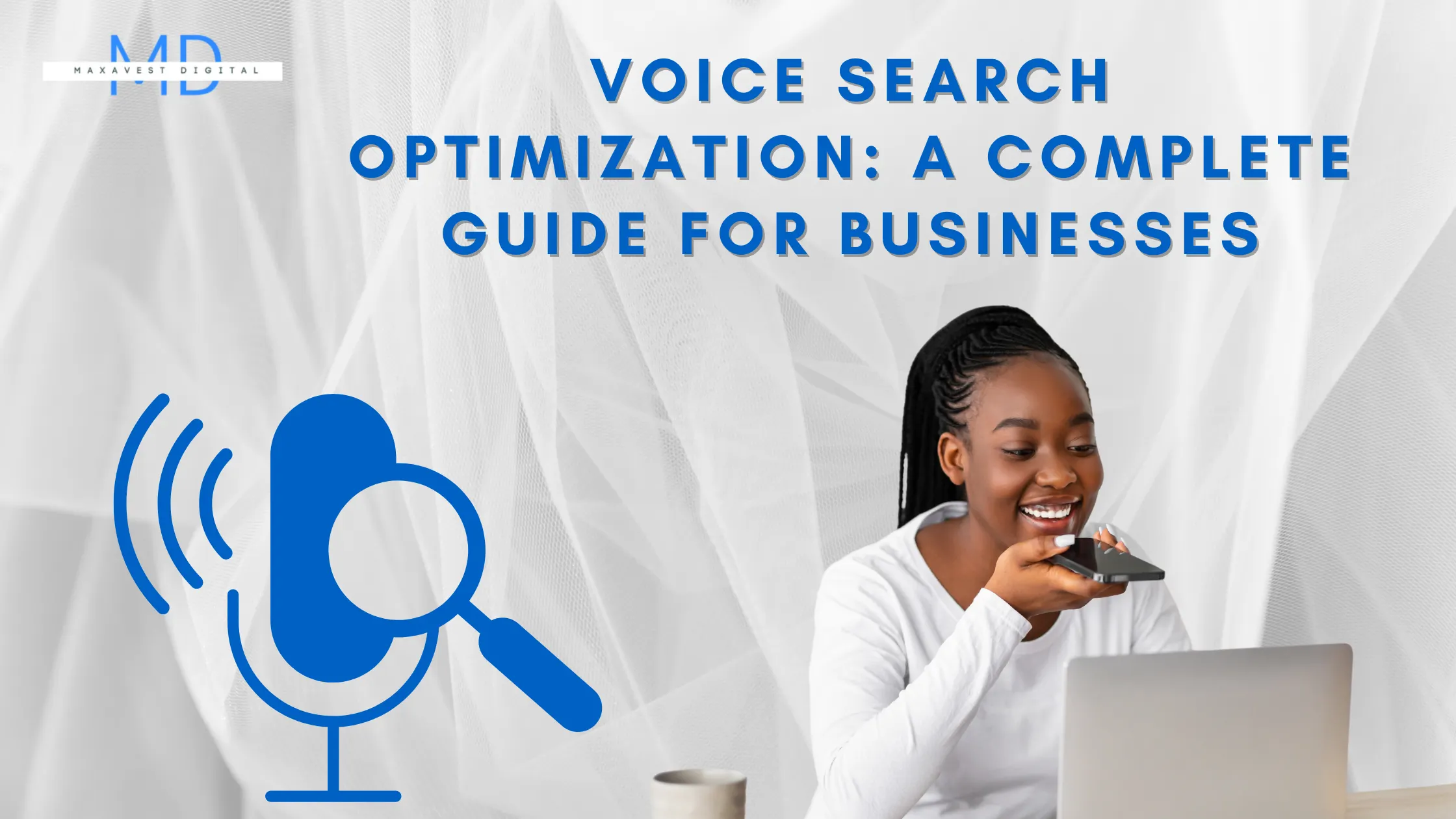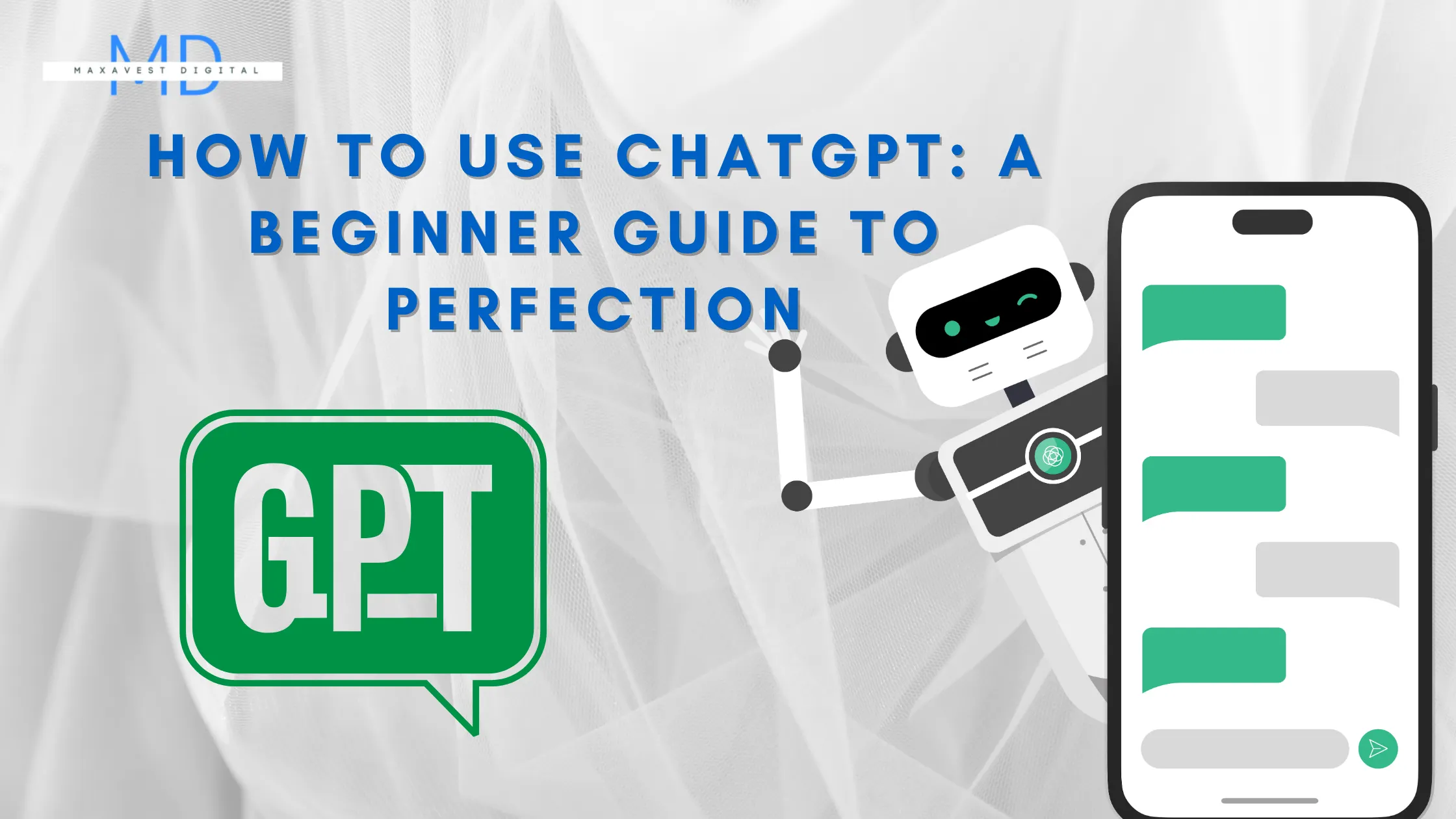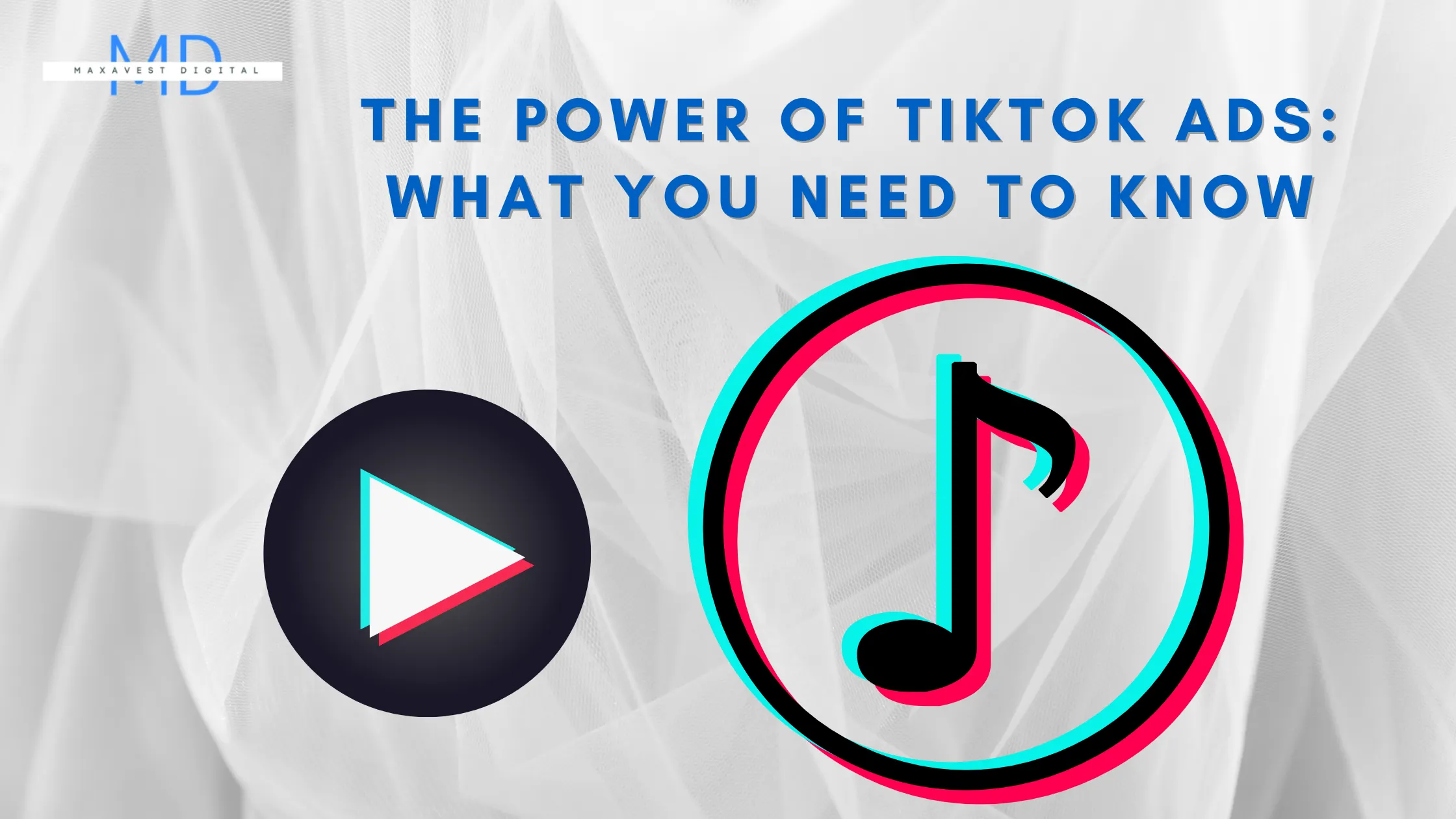How to Start a Blog and Start Making Money (Complete Guide)
Is it actually possible for a novice to profit from a blog? Is blogging a viable source of income or is it just another urban legend? "Yes" is the response to both inquiries.
It's not just a theoretical idea; blogging for money actually exists. Anyone may start a blogging business and make money if they have a working grasp of SEO, blogging, and the Internet in general.
An introduction to how bloggers make money for beginners
The blog you are reading right now is an actual example of a blog that makes money.
This guide's objective is to teach you how to earn money from your blog by avoiding blunders and wasting time on activities that won't advance your main objective.
It is geared for beginners since I recall how tough it was for me to understand how blogging could help you make money when I first started out (in 2002).
It took me a while to see the big picture, figure out what I was doing wrong, and figure out how to fix things.
This thorough step-by-step manual should start you out on the right foot and provide you with a sound strategy to follow that will provide results as quickly as possible.
It's not a simple profession; it takes skill, patience, and a lot of hard work, but it's also one of the best and most fulfilling careers in the world.
The benefits of starting a profitable blog are not just financial; they also include a sense of accomplishment and the joy of starting a company using only your own skills and abilities.
Why are there so many articles on "how to make money with a blog"? Have you ever wondered?
Why do some people reveal their secret formula to the world when they might keep it to themselves and make more money?
There is an easy solution. Every blogger hopes to get to the stage where they can start generating money online and then teach the rest of the world how to do the same.
Of course, as we will see below, there are other ways to do it, such as by selling your own products or using affiliate marketing to your advantage.
How can I establish a blog and earn money from it?
The quickest approach to discovering how to establish a blog and generate money is to adhere to a tried-and-true step-by-step guide.
Let's go back and start at the beginning. How do the majority of bloggers earn money online, and how can you too?
How to Get Paid to Blog
These are the seven stages to earning money through blogging.
Create a self-hosted blog.
Start putting forth quality material
Increase organic website traffic
Create a community centred on your brand.
Ads can be sold to begin earning money.
Sell your own goods or services to get money.
Gain financial gain from affiliate marketing
1. Create a self-hosted blog.
Possibly the simplest step is this one. Nowadays, setting up a blog and registering a domain is really simple. All you require is a little assistance and a few nudges in the correct direction.
In conclusion, the actions below must be followed in order to establish a blog:
Obtain a domain name
Engage in web hosting
Install WordPress
Write your first blog entry!
Avoid these blunders while starting your own blog.
It's common for new bloggers to make blunders. That's totally acceptable as long as you learn from your errors and don't make the same ones again.
Keep these suggestions in mind when you want to establish a blog.
Keep your attention on earning money online as your main objective.
Remember that your aim is to get to the stage where you can start earning money from your site.
I'm bringing this up again since I've found that newbies frequently spend too much time and energy creating the "ideal blog," forgetting that in the beginning (when there is little traffic), Google doesn't care about the aesthetics of your website.
Website design is important—I'm not trying to downplay that—but not in the beginning. Your main objective at this stage is to get your blog up and running and to start producing material that will drive visitors to it.
Gaining visitors (and potential consumers) requires a lot of work, so you should focus all of your efforts there right now.
You must have a self-hosted blog and your own domain.
There is a significant difference between hosting your website on a free platform like medium.com and having your own domain and your own self-hosted website, as you can learn in the how to establish a website article.
Make the right decision right away and select the appropriate platform. Your best option is a self-hosted WordPress website.
Simple is best.
Make every effort to keep things basic if you are just starting off. Avoid making things too complicated because you will become disoriented.
Save your time and effort for the more difficult activities because you have a lot to learn and will change your opinion about many topics as you go.
2. Start putting forth quality material
You now have a functioning website, which is fantastic!
It's time to start one of blogging's most demanding and challenging tasks: coming up with the real material for your blog.
Remember this
A blog with poor content is just another one of the millions that have previously been published, while a blog with excellent material is a money-making venture.
Having said that, it's critical to recognize the significance of content for the success of your blog right away.
Great content will increase your traffic (we'll show you how to do it below), credibility, and financial success (in different ways).
So what makes for good content?
Great blog material might contain images, videos, infographics, audio, and more besides text. BUT your content should be largely text if you want to rank highly on Google (and other search engines).
Keep things simple at the beginning, as I mentioned before. Later, you can blend text with various formats for the greatest outcomes to make your material more engaging.
The qualities listed below characterize excellent content:
It is distinctive to your website (it isn't a carbon copy of a previously published post).
It is devoid of grammatical and spelling errors.
It's significant
It's instructive
It is impartial
It is an aid to action, comprehension, or learning.
It is simple to read.
If the list above doesn't make much sense right now, don't worry; as you gain more knowledge, it will make more sense to you.
Qualities of High-Quality Content
Let's look at some concrete ways to produce quality content for your website.
Pick a subject you like reading about, studying, and writing about.
You should be able to produce content for your blog that satisfies the requirements for quality content when you first start writing for it (as explained above).
This procedure will be incredibly challenging, and if you are not passionate about the subject, you will quit before you ever start.
When choosing your niche, keep in mind that a money-making blog requires a lot of content and that you must come up with a lot of ideas and topics to cover on a weekly (if not daily) basis.
Pick a subject with a respectable readership.
It's not enough to have a passion for something; others need to share that desire.
Keep in mind that in order to profit from your site, you will need to sell your products to customers or charge advertising for ad space.
None of the aforementioned things will occur if the audience for your chosen issue is not sizable.
Open Google and enter any phrases (keywords) that come to mind to conduct a quick preliminary search on the potential of your niche.
Look at the quantity and variety of websites that show up on Google's first few pages.
Don't be too general; be precise
Don't choose a topic that is too wide because there are probably already thousands of websites on it, even though you do need a respectable audience for it.
Although they have a larger audience, popular topics are nevertheless quite competitive. It would be simpler to compete with other bloggers if you were just starting out as a solo blogger than it would be with websites that employ teams of writers and SEO specialists.
To help you grasp this better, let me use an example.
Let's imagine you have strong enthusiasm for "exercise" and a "healthy life." When you search for "weight loss" or "dieting" on Google, you will find thousands of results, many of which are from online publications or long-running websites with thousands of content pages.
For such general searches, a new website has no chance of competing with these and getting traffic from Google.
Instead, you could focus on a niche within your field that has less competition while still being relevant to your area of interest. "Healthy life recommendations for youngsters" is one example.
There is a lot of interest in this subject, especially from parents who have the financial means to purchase a product (like an ebook) that will assist them in establishing a healthy lifestyle for their children.
Keyword research is the process of determining what to post on your blog.
It's a procedure you must learn from the start, thus I fervently urge you to spend some time reading the following articles:
Resources
Keyword Research: The Beginner's Guide by Ahrefs
How to Do Keyword Research for SEO: A Beginner's Guide
Let's review what has happened thus far.
Setting up your blog and registering your own domain should be your first two steps.
The next stage is choosing the subjects for your blog and becoming an expert in keyword research.
The next phase, which I will cover in this part, is to begin generating organic traffic for your site.
3. Organic traffic: What is it?
The term “organic traffic” is used for referring to the visitors that land on your website as a result of unpaid (“organic”) search results. Organic traffic is the opposite of paid traffic, which defines the visits generated by paid ads. Visitors who are considered organic find your website after using a search engine like Google or Bing, so they are not “referred” by any other website.
You need organic traffic to your blog—not just any traffic—if you want to make money from it. Search engines produce organic traffic (mostly Google).
The "user intent" is what distinguishes organic traffic from other types of traffic as being more useful.
A user who enters a search term into Google's search box has a specific goal in mind. He or she is either trying to buy something, learn something, find an answer to a query, or find information.
The actual search terms they use in the search query reveal their intention.
For instance, it is obvious that a user searching for "how to do an SEO audit of my website" is seeking step-by-step instructions on how to do an SEO audit.
It is highly particular, and you must give Google a full manual audit guide in order to be eligible to rank for that phrase (or a related one).
Your blog entries will eventually rank well on Google if you execute this correctly, and you will begin to receive targeted organic traffic to your website.
How do you increase your blog's organic traffic?
Because it converts, targeted organic traffic is the most beneficial type of traffic for your blog.
Several things are meant by the word "convert":
Users are more inclined to read your post and stay on your page for longer
more inclined to sign up for your newsletter
tend to inquire about your services more frequently
are more inclined to purchase your goods
Let's look at how you can increase search engine traffic to your site today. We'll go over each of these in greater detail in the post's final part.
You require quality material
Despite the fact that I covered this in step 2 above, I'm bringing it up again because it is so crucial. Whatever you read here won't function if your content doesn't meet Google's requirements.
You must correct your technical SEO.
Technical SEO is concerned with how well your blog is set up and optimized for search engines.
Your blogging platform is already SEO friendly (especially if it's WordPress), but there are still a few things to check and adjust to make it even better.
Items like:
blog organization
Building a URL
XML Sitemap improvement
Schema Markups usage
Authentic URLs
improving your tag and category pages
Website Sizing
Adaptive Mobile Pages and Mobile Friendliness
SEO webmaster tools
are each crucial to the process.
You must perfect your on-page SEO.
On-page SEO is a step up from technical SEO and focuses on how to increase search engine visibility for your content and web pages.
On-Page SEO Strategies
The following issues will be addressed when you analyze your on-page SEO:
- title and description optimization
- Length of Post
- Including visuals and video in your writing
- Headings and post formatting must be used correctly.
Best techniques for internal linking to maximize SEO
You must improve your off-page SEO.
All the steps outlined thus far for boosting your organic traffic involve things you can modify or tweak on your website.
Off-page SEO is a crucial component of increasing traffic from search engines.
The process of promoting your website on the Internet in order to raise awareness of your content, goods, or services is known as off-page SEO.
External SEO
SEO off-page
In other words, you need to make yourself known to other website owners. There are numerous advantages to doing so:
Websites with references (links) to other websites are more likely to be ranked higher by search engines.
More people will visit your site.
You'll become recognized as an authority in your field.
As I've previously stated numerous times:
Both effective On-Page SEO and good Off-Page SEO can propel your website to the top of Google's search results.
Link building is the most well-liked and successful off-page SEO technique.
What exactly is link building, and why is it so crucial?
The algorithms used by search engines to rank websites are constantly looking for new ways to evaluate a website's quality.
A search engine's primary goal, and Google's in particular, is to maintain customer satisfaction by showing people webpages that are well-written, simple to use, and generally of high caliber.
External links from other websites leading to the pages on your website are another strategy to persuade them that your website fits into this category in addition to the on-page SEO optimizations.
The website with the most incoming links will appear higher in the SERPS, all other things being equal.
Link building is a complicated subject that is challenging for new bloggers to understand. From personal experience and feedback from clients and readers of my site, I am aware of this.
What you need to understand at this point regarding link building is:
It's not primarily about quantity, but rather quality. This demonstrates that there is no magic number of links required to obtain top ranks, but there is a magic source of connections.
Links from websites with high Google trust that are associated with your issue are more valuable than links from article directories or other low-quality websites.
Google will penalize you if you use black hat link-building techniques (such as buying links or trading links with others).
Your website will be penalized by Google's algorithms for attempting to game the system, and you will consequently lose all of your rankings.
How may link building enhance traffic to your blog?
The most often used link-building techniques are:
guest posting on websites that are more popular and larger than your own
Link to other websites in your article and let them know by contacting them. If they find your website to be helpful, they might elect to pay you back.
Introducing your website and information to other webmasters
Resources
The 10 Step Process I Use To SEO Optimize All My Blog Posts - How to Write SEO Friendly Blog Posts.
What is SEO? - Find out what SEO is and why it's crucial.
Best practices for SEO to follow for improved rankings.
Google visibility - How to make your blog more visible in Google and other search engines.
List of the top blogging courses (both free and paid) to help you learn how to blog professionally. Highly advised for people new to blogging.
4. Create a community centred on your brand.
The next step is to create a community around your business once you have a blog with excellent content and visitors are beginning to pour in.
Beginners frequently make the error of skipping this phase and going straight to the portion where they can make money, but this is not the most effective course of action.
Gaining the user's trust is the first step before making any purchases (conversions), and community building is how you do it.
It was intentional for me to use the phrase "brand" rather than "blog," as you may have noticed.
Your blog should no longer be considered a pastime at this point; instead, you should adopt a business-like mindset and treat it as such.
We all understand that branding is a crucial component of any business' success, and your blog is no exception.
Community building is one of the numerous branding-related activities you may do (such as having a distinctive logo, original tagline, etc.).
What does blog community building entail?
Simply said, your goal is to build a community of readers who will interact with your blog's content, subscribe to it, and purchase your goods or services.
These are the most typical methods for doing this:
Email advertising
Your blog benefits greatly from the subscribers to your email list (also known as your newsletter). You may utilize your email list to let your audience know when new blog posts are available, solicit feedback from them, and make sales to them.
It won't happen right away; you must first earn their trust by adding value to their inboxes, but in the end, this is one of the best ways to build a community around your blog.
In my situation, my email list generates 20% of the monthly revenues of my SEO classes.
Online social networking
Some people choose to utilize social networks to read the news, connect with friends, and spend a lot of time online in general rather than receiving emails.
You must make sure that you are active on the same social media platforms as your potential fans.
You can utilize a variety of social media platforms, but because you are only starting to set up and create your blog's brand, it is best to focus on Facebook and Twitter because they have been shown to be more successful than other platforms at attracting followers.
Start by growing your Facebook fan network, then commit 10 to 15 minutes a day on Twitter.
Keep in mind that your objective is to interact with people who could perhaps follow and buy from your site, not only with those who are active on social media. Make use of profiling to select your target market carefully.
Push notifications on the web
This is yet another method to engage with your neighborhood. When a new post is published and anytime you want to send them a new message, people who have signed up for push notifications are informed.
Answering remarks
Not least among other things, remember to leave comments on blogs. I'm not talking about leaving comments on other blogs; I'm talking about responding to remarks that other people leave on your site.
People who leave comments on your posts want a response, so ignoring them is not a good idea if you're attempting to foster a sense of community.
You'll see that some of my older postings have dozens of comments if you take a look at them. I strive to answer to every remark and assist my readers in any way I can on a daily basis.
The fact that I only publish comments that make sense and aren't spam or self-promotional motivates more people to write their comments because I don't approve all of them.
5. Ads can be sold to begin earning money.
Have you ever noticed how many tasks must be completed before you can start making money?
Although the topic of this blog article is earning money from your blog, about 3/4 of the content is connected to tasks that occur before that, and this is how earning money from blogging actually functions in practice.
As a reminder, you must comprehend that you cannot profit from your site if:
You lack sufficient organic traffic.
You lack a quality email list.
You don't have a group of devoted supporters.
You lack conversion-oriented material.
Let's look at how you might earn money online and treat yourself after completing the aforementioned activities, assuming that you did.
Google AdSense: The Selling of Ad Space
I'll say it: I love AdSense! Since I've been an AdSense publisher for more than 15 years, Google Adsense is still among the greatest ways to earn money online, even though there are alternatives.
I use Adsense on my blogs, and thus far, I've made a respectable six figure sum.
As you will see in the paragraphs that follow, there are situations in which AdSense is not the greatest approach to monetize your blog. This is why I do not use it on this one.
You should be aware of the following before using AdSense to earn money:
Simple and dependable
Adsense is dependable and very user-friendly. All you need is a blog with plenty of visitors and excellent content.
When readers click on one of your advertisements from AdSense, you receive 68 percent of the money that was paid by the advertiser (the remaining 32 percent goes to Google for proving this service).
It's trustworthy because you can rely on Google to pay you on time and to take all reasonable precautions to keep spam and fraud out of the system.
You have a lot of control over the adverts, including what kind, how frequently, and how they appear.
What kind of earnings are possible with AdSense?
Three factors determine how much money you can make using Adsense:
Your volume of organic traffic
the location of your advertising
the quantity of potential advertisers in your niche.
Let's analyze these elements quickly:
Naturally, you can earn more money from Adsense if your site has more traffic. That's all there is to it.
You must get users to click on your advertising in order to earn money from Adsense, and the placement of your adverts on the page is a crucial element.
When you use Adsense in your main text (as opposed to the sidebar and footer), you may anticipate higher click-through rates (CTR), which translates to higher earnings. The ideal way is to test different ad locations and discover which places work better for you.
Above-the-fold advertisements also perform better.
Here is an illustration of an Adsense ad integrated within a blog post.
CalorieSecrets' Adsense page
CalorieSecrets' Adsense page
The keyword-based auction-style technique used by Adsense. When a user conducts a Google search and subsequently visits a website with AdSense advertisements, the website will attempt to display adverts to the user that are pertinent to the search query.
The amount of money the advertiser will spend and the amount of money you will make both increase when there is a lot of competition, i.e. many related advertising.
Can you use AdSense to promote your site or your products?
You certainly can using Google Adwords. The mechanism that advertisers utilize to run advertisements that appear on Google search and Adsense websites is called AdWords.
However, keep in mind that you cannot utilize Adwords to direct PPC visitors to a landing page that also contains Adsense. This technique used to make some people a lot of money, but it is no longer effective.
When SHOULD you utilize Adsense?
On websites with a wide range of topics, use AdSense (news portals, magazines, newspapers, forums, etc).
Utilize Adsense on websites focused on healthy living (fitness blogs, weight loss, etc).
On websites with a lot of page visits, use AdSense.
When should you avoid using Adsense?
When you can create and market your own goods or services, don't utilize Adsense.
Use affiliate marketing to make money instead of Adsense.
6. Sell your own goods or services to get money.
I already said that this blog does not utilize AdSense. It's easy to understand why. This blog serves as a platform for me to advertise my SEO courses and digital marketing services, not to generate revenue from advertising.
Consider this: What happens when you sell ad space on your blog? Due to the middleman (advertising business), who receives 30% of the revenue, and the advertiser benefiting financially from your effort and material, you only receive a percentage of the money.
You ought to take into account producing and marketing your own goods or services to lessen the financial loss.
Obviously, it's not as simple as it seems. Making items that people will pay money for takes a lot of work, but it's the best approach to establish a successful internet business in the long run.
Your profit margin will be maximized if you have your own items, and you are aware that whatever efforts you do to increase traffic will result in more sales.
Ebooks and online courses are the most simple goods to make and sell online using a blog.
You should do research before investing any time or money to produce your own product.
You must respond to these 4 inquiries in further detail:
What kind of product should be made?
Who would possibly purchase your product?
What should the price be?
How can you test your product idea before you really produce it?
You must conduct research to determine what is currently offered on the market, who sells it, and how much they charge for it in order to respond to the first three questions.
The most crucial thing, though, is to know whether your product idea will sell before you actually construct the product, which is what I will describe following, even if you have access to this data.
When I considered offering an online course for sale through my blog, I wasn't sure if my readers and community would be interested in doing so. After all, there are a huge number of free SEO resources available.
In order to test my theory, I conducted the following:
I developed a course sales page (that is similar to the one you see now).
To lead traffic to that page, I put banners (also known as call to action boxes) to my articles and sidebar.
When a customer selected the "BUY NOW" button, they were taken to the checkout page, but when they tried to complete the transaction, they were informed that the item was temporarily out of stock.
Although I'm aware that this is not the finest user experience, it gave me the motivation and energy I needed to develop the course.
After conducting the aforementioned test for two weeks, I discovered:
How many individuals clicked the CTA buttons? (I tested different messages and found the one that was converting better)
the number of visitors to the sales page
the number of times the Add to Cart buttons were clicked
How many customers visited the checkout page and clicked the buy now button to confirm their intent to complete the purchase?
Along with many other details, I was also aware of their nation of origin and the gadget they were using.
After carefully examining the data, I came to the conclusion that my readers would be interested in and willing to pay for an ebook about SEO.
I therefore stopped the test and produced the final item. The initial version of the course took me around 6 months to develop, but it was a difficult work that I am glad I completed.
Since last year, the course sales have generated a healthy monthly income and the actual sales figures were even better than the test results.
The bottom line is to conduct research, identify a concept, then test it. Start the process over if the test is a success before moving on to the implementation.
7. Gain financial gain from affiliate marketing
Last but not least, selling other people's items (physical or digital) in exchange for a commission is another approach to generate income from your blog.
Typically, this is referred to as affiliate marketing. Here is a description of the procedure.
You decide which goods to advertise.
When you sign up for their affiliate marketing program, you are provided with a special URL and banners to use.
You include banners and links in your blog.
The links lead to the provider's website when someone clicks on them.
You receive the agreed-upon commission when they make a purchase.
Right, it sounds good.
Obviously, it's not as simple as it seems. You still need to research the best products to endorse and evaluate whether your audience and community will pay for the items you recommend.
Observations before engaging in affiliate marketing include:
Don't advertise goods or services you haven't used yourself. You do not want to erode your users' confidence. Promote only goods that you personally know will be useful to your audience.
Google disapproves of websites and web pages that exist solely to generate revenue from affiliate marketing. Without being overly commercial, your website should offer the user true value.
Don't go overboard. It's acceptable to make product recommendations in your blog posts, but not all the time. Effective affiliate marketers don't constantly push products. They initially offer their readers value before making product recommendations.
Read this article on how to manage your affiliate links if you use WordPress (the white hat way).
One of the most successful affiliate marketers on the Internet today, Pat Flynn, has a blog you should read if you want to learn more about affiliate marketing.
Conclusion
It is not just a theoretical idea to blog for profit. Numerous bloggers earn money from their blogs by selling advertising space, their own goods and services, or by participating in affiliate marketing.
These successful bloggers all share the following traits:
They publish blogs with excellent material.
Their blogs have been able to attract communities.
They employ a variety of revenue streams. Although they sell their own goods, they also profit through affiliate marketing and the sale of advertising space.
They had been blogging for a while, and it took them some time to reach the point where they could support themselves with their blogs.
I'll let you go with this if you've made it this far:
How to generate money Blogging is something that anyone can learn. The amount of labour you are willing to put in to make it happen determines how much money you will make.
It will take time, and a lot of patience is required since it is not an easy task or one that will produce results in a few months or even years. However, like I stated, once it does, it's one of the best professions in the entire world!
